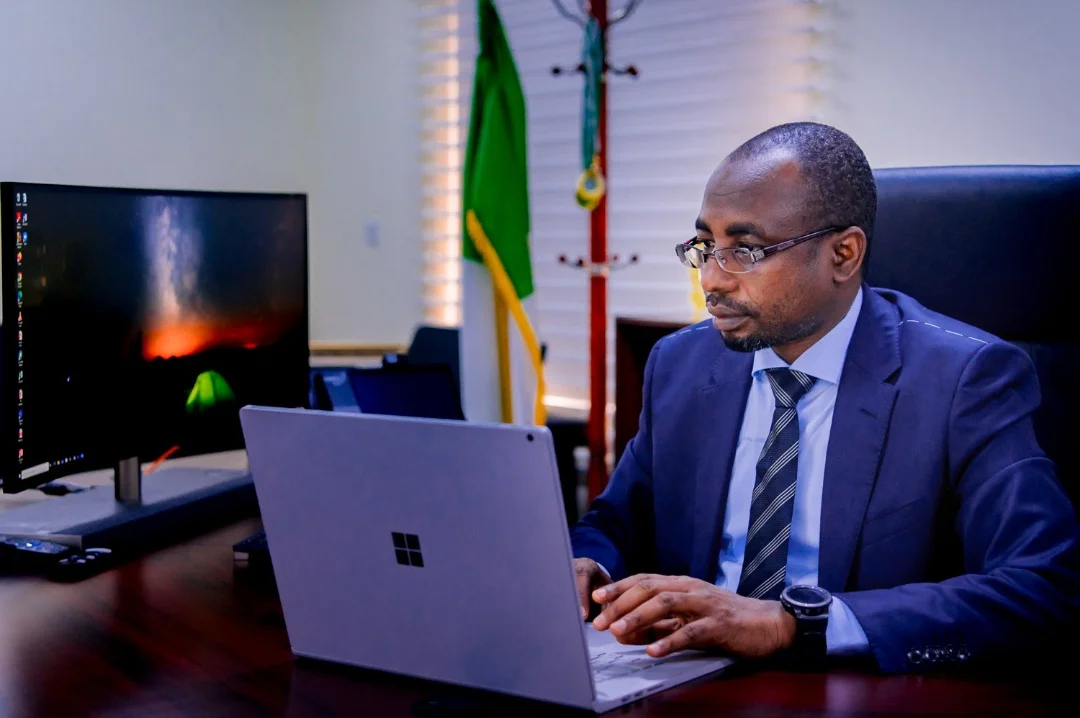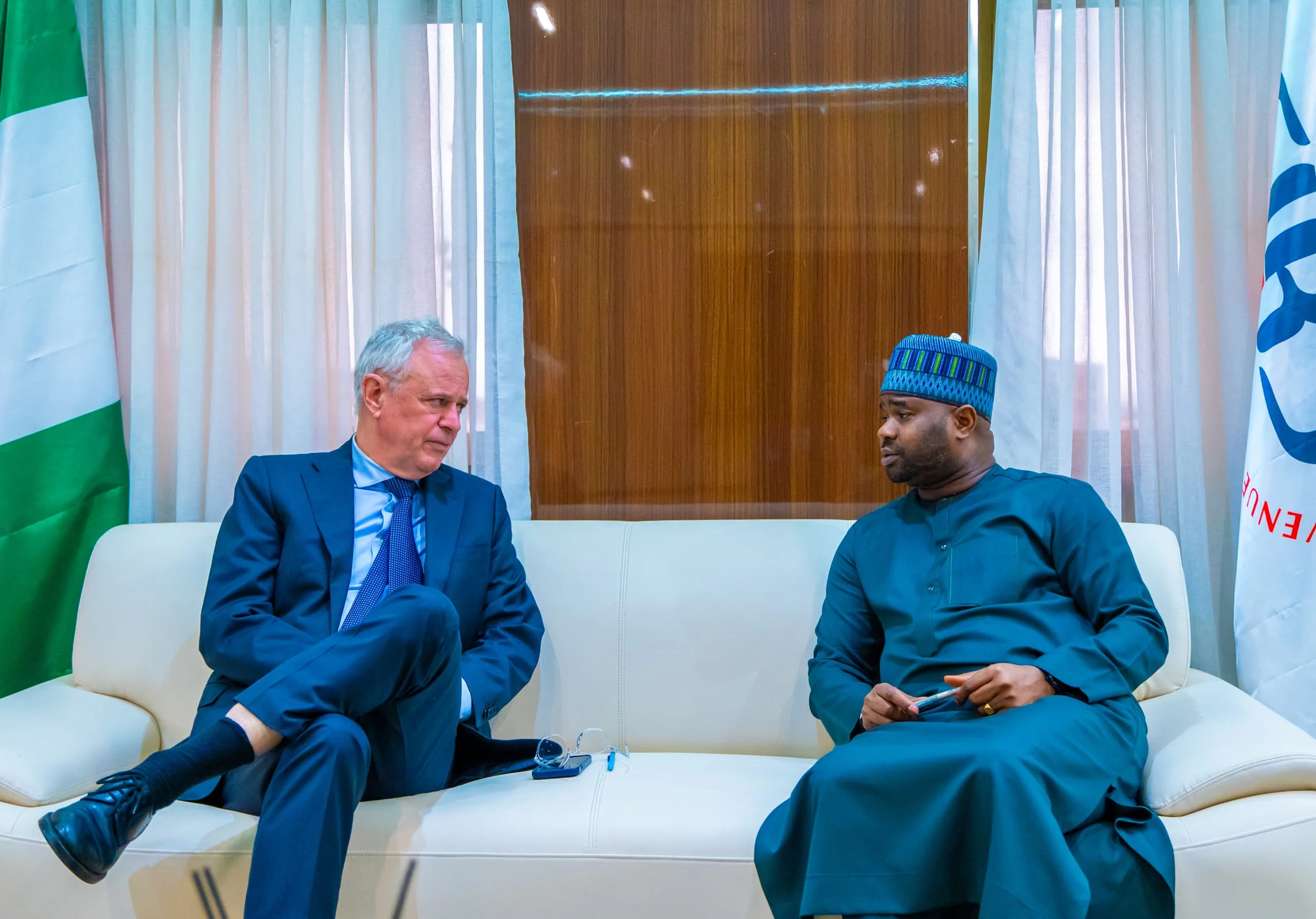Abba Aliyu’s leadership at the Rural Electrification Agency (REA) has ushered in a transformative era for Nigeria’s energy landscape. As the Managing Director/CEO, Aliyu has prioritized expanding electricity access to underserved rural communities, addressing a critical need that has long hindered national development. His commitment and innovative strategies have positioned the agency as a key player in the quest for sustainable energy solutions.
Driving Rural Electrification Forward
Under Aliyu’s stewardship, the REA has made significant strides in bridging the electricity gap that affects millions of Nigerians. His approach emphasizes collaboration with various stakeholders, including local governments, private investors, and international partners. By fostering these partnerships, Aliyu has successfully mobilized resources and expertise necessary for executing impactful electrification projects.
One of the most notable initiatives during his tenure is the Solar Home Systems project, which aims to provide off-grid solar solutions to rural households. This initiative not only addresses electricity access but also promotes renewable energy, aligning with global sustainability goals. By championing solar energy, Aliyu is helping to reduce Nigeria’s reliance on fossil fuels, thus contributing to environmental preservation.
Moreover, Aliyu has been instrumental in implementing the National Electrification Project, which aims to achieve universal access to electricity by 2025. His vision encompasses not only the expansion of infrastructure but also the integration of technology to enhance service delivery. By leveraging data and innovative technologies, the REA under Aliyu’s leadership is improving operational efficiency and ensuring that electrification efforts are both effective and sustainable.
A Commitment to Community Engagement
Aliyu understands that successful electrification goes beyond merely providing electricity; it requires community involvement and education. His leadership style emphasizes engagement with local communities to ensure that projects meet their specific needs and are supported by the people they aim to benefit. This grassroots approach has fostered a sense of ownership among community members, increasing the likelihood of project success and sustainability.
Additionally, Aliyu has prioritized capacity-building initiatives, training local technicians and entrepreneurs to maintain and repair electrification systems. This not only creates jobs but also empowers communities to take charge of their energy resources, fostering a culture of self-reliance and resilience.
In conclusion, Abba Aliyu’s leadership at the Rural Electrification Agency represents a significant step toward achieving energy equity in Nigeria. His vision, strategic partnerships, and commitment to community engagement have set a new standard for rural electrification efforts. As Nigeria continues to grapple with energy access challenges, Aliyu’s work serves as a beacon of hope, demonstrating that with the right leadership and collaborative spirit, sustainable and inclusive energy solutions are within reach. The future of Nigeria’s energy landscape looks promising under his guidance, paving the way for economic growth and improved quality of life for millions.




